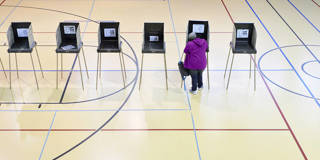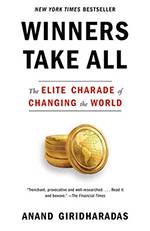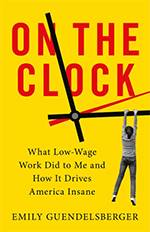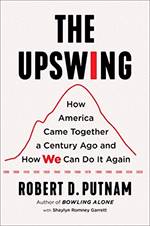OnPoint Subscriber Exclusive

Angus Deaton
Says More…
This week, Project Syndicate catches up with Angus Deaton, the 2015 Nobel laureate in economics and a professor emeritus at Princeton University.
Project Syndicate: Before the US midterm elections in 2018, you challenged claims that President Donald Trump had been good for the economy, highlighting, among other things, that strong stock-market performance reflects the redistribution of income from labor to capital, at the expense of the vast majority of Americans. Trump’s defenders would no doubt point to low unemployment and rising wages, even for those at the bottom, in defending the president’s performance. In advance of November’s presidential election, what should American voters understand about the Trump economy?
Angus Deaton: The US has undergone a long and very slow recovery from the Great Recession. But that recovery is attributable mostly to the actions of previous administrations, though Trump’s tax cuts also played a role. And while the employment rate has risen (as it always does when the economy is doing well), and unemployment is low, the employment rate remains lower than before the Great Recession, and substantially lower than in 2000.
In fact, the long-run trend of less-educated Americans dropping out of the labor force shows no sign of having abated. The quality of jobs is deteriorating as large firms outsource many of their operations. Meanwhile, the stock market is booming in response to giveaways to corporations.
Deaton recommends
We ask all our Say More contributors to tell our readers about a few books that have impressed them recently. Here are Deaton's picks:
-

Winners Take All: The Elite Charade of Changing the World
by Anand Giridharadas
This extraordinarily important book devastatingly exposes the dark underbelly of the global elite. You always knew that Davos must be a scam; read this book, and you will know exactly how – and why. We should make sure billionaires pay their taxes before we admire them for the good that they (claim to) do.
-

On the Clock: What Low-Wage Work Did to Me and How It Drives America Insane
by Emily Guendelsberger
I loved this book. It is an invaluable undercover account of what is really like to work in a call center, a McDonald’s franchise, or an Amazon “fulfillment center” that offers fulfillment exclusively to customers – certainly not to employees (most of whom do not actually work for Amazon). Everyone should know about this.
-

The Upswing: How America Came Together a Century Ago and How We Can Do It Again
by Robert D. Putnam
Set to be published in June, this book shows how polarization, income inequality, and deaths of despair all followed similar trajectories in a country where only “I” mattered at the beginning of the century, where “we” dominated in mid-century, and “I” does again today.
From the PS Archive
From 2016
Deaton asks whether globalization truly helps poor countries' poor more than it harms rich countries' poor. Read the commentary.
From 2017
Deaton identifies several factors behind the stagnation of median wages and soaring incomes at the top. Read the commentary.
Around the web
During Nobel Week in 2015, Deaton answered questions about everything from what brought him to Economic Sciences to inspiring teachers to what advice he would give his 20-year-old self. Read the interview.
In a 2017 interview with The Atlantic, Deaton discussed extreme poverty, opioid addiction, Trump voters, robots, and rent-seeking. Read the transcript.